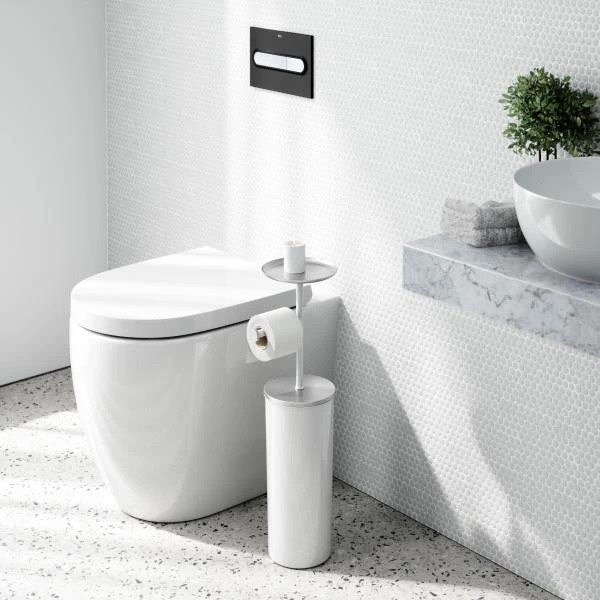

These lightweight products take up less space and are easy to move around, said Jennifer Congdon, deputy director for the advocacy group Beyond Plastics and an avid user of low-waste products. She said she dreams of a day when plastic-free shopping is the default, where customers shop in stores that are “just one bulk bin after another.” Some of these reusable solutions are relatively new inventions, like lightweight, concentrated formulas of familiar body care products, while others represent a return to systems that have been around for a long time: say, bringing your own container to the bulk aisle at the grocery store, or leaving glass bottles curbside to be picked up for cleaning and reuse, à la the milkmen of generations past.Īmerican culture needs to “dispose of that disposable mindset, where everything is to be used and thrown away,” said Linda Corrado, a board member for the reuse nonprofit Upstream and an independent consultant in sustainable business strategies.


But the shift will also require buy-in from customers, who will have to embrace a host of unfamiliar products and practices. The Ellen MacArthur Foundation, or EMF - a nonprofit that advocates for a circular economy - estimates that businesses have an opportunity to save some $10 billion in material costs if they replace just 20 percent of their single-use plastic packaging with reusable alternatives. Their vision will require whole new business models and supply chains that prioritize reuse - containers and dishware and shipping packages that can be used again and again rather than discarded after just a few minutes. By promoting a “circular economy” - patterns of consumption that reduce waste generation of any kind - they hope to eliminate not only single-use plastics, but also disposable products made from paper and metal.
Umbra toilet paper free#
That scenario could cause more than 44 million metric tons of aquatic plastic pollution every year.īut these advocates and entrepreneurs are also envisioning a future free from single-use items altogether. The broader movement seeks to reduce plastic production, an urgent priority considering petrochemical companies’ plans to triple the amount of plastic they make by 2060. Yoo is among a growing number of business owners who have aligned themselves with activists and policymakers who want to move the global economy away from plastics, which are rarely recycled and are laden with toxic chemicals. “We don’t take that lightly,” she told Grist. Yoo said the bottles are intended to be “the last set” of cleaning containers her customers ever buy: No more disposable plastic, no more pollution, no more hazardous tap water. The tablets dissolve in water and can be used to refill Blueland’s durable glass or ceramic bottles. The company’s mission is to eliminate unnecessary plastics from familiar cleaning and personal care products like dish soap, toilet bowl cleaner, and body wash - all of which it sells in concentrated tablet form, shipped directly to customers in recyclable paper packaging.
Umbra toilet paper serial#
A self-described serial entrepreneur, she ended a self-imposed break from starting new businesses to co-found Blueland in 2019. Yoo was determined to do something about it. Other reports documented the ballooning impact of plastic pollution on marine life, as well as plastic production’s growing carbon footprint and disproportionate harms against poor communities of color. In 2019, researchers in Australia estimated that we ingest a credit card’s worth of microplastics every week, with unknown health effects. Scientists began finding microplastics everywhere: in deep ocean trenches, near the tops of remote mountains.

The next few years would bring a deluge of new and alarming data about plastic’s impact on people and the planet. Yoo was soon seeing plastic throughout her life: It held her child’s vitamins, her toothpaste, the ketchup she kept in the fridge. Yoo began connecting the dots, tracing those microplastics - tiny shards of plastic that form from the breakdown of larger plastic items - back to their source. “I was horrified to learn that regardless of whether you drink tap water or bottled water here in the United States, our water contains hundreds of pieces of microplastics per liter,” she said. But she found herself wondering what kind of water to mix it with - bottled or tap. Yoo had been breastfeeding her son for a few months and was looking to transition him to a dissolvable formula in 2018. Specifically, it was the switch to baby formula that changed her worldview. It wasn’t until Sarah Paiji Yoo became a new mother that her journey into plastic-free living really began.


 0 kommentar(er)
0 kommentar(er)
